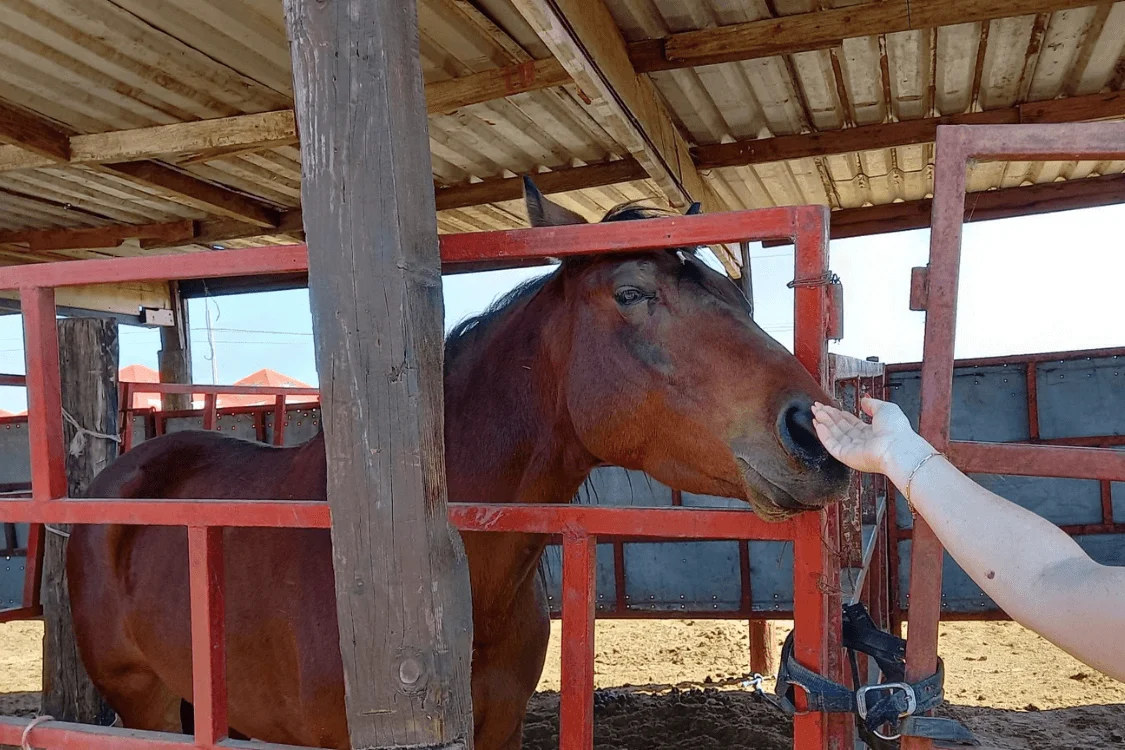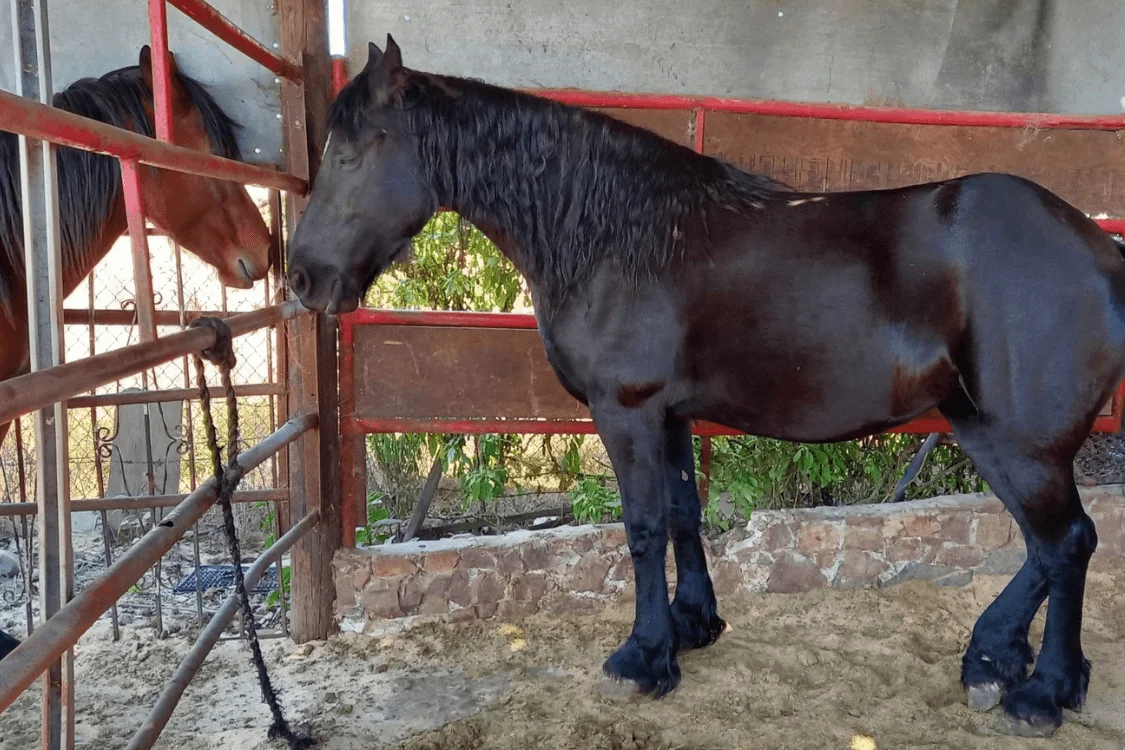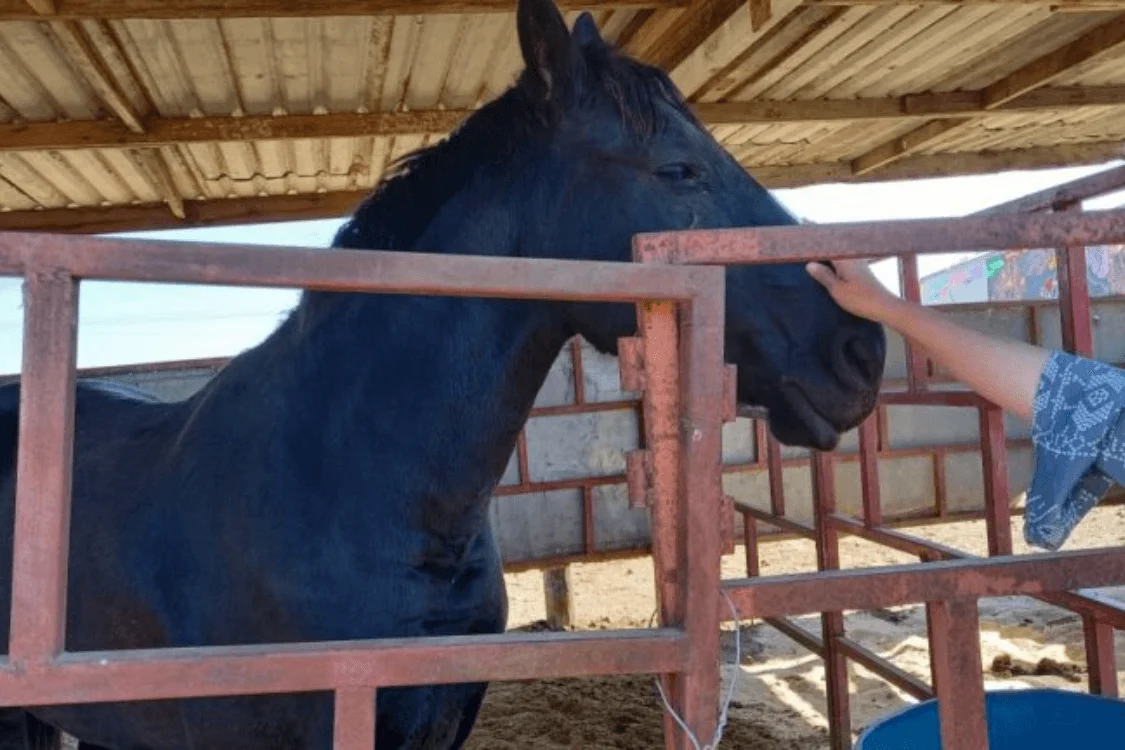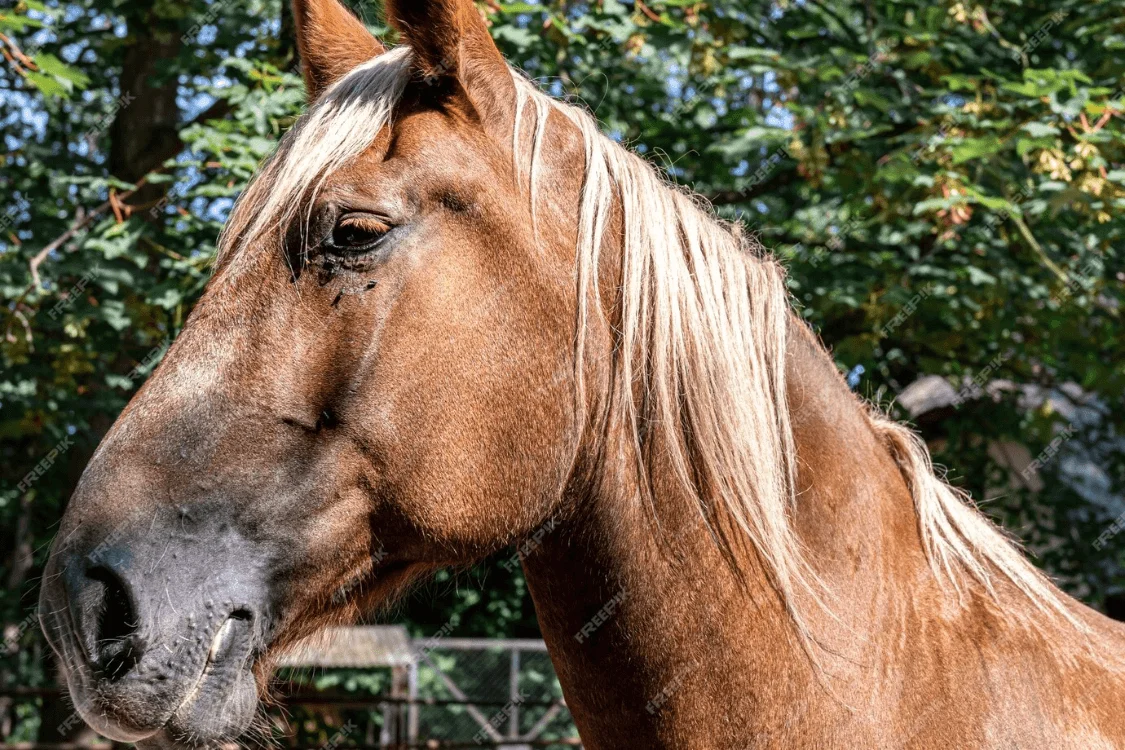
Equine Assisted Therapy
We’re inspired by the profound connection that can grow between humans and animals, particularly through the bond with horses. This bond enhances self-awareness and emotional regulation, aligning with the outcomes sought in equine-assisted activities and therapies.
Our equine-assisted therapy taps into this unique relationship, offering a deeply nurturing path to healing. This approach isn’t just about treatment – it’s about forming connections that foster hope and joy, proven over decades of research and countless success stories to help alleviate symptoms of depression, anxiety, ADHD, and more.
At Twilight Recovery, we integrate this innovative approach into our care to support our clients’ journeys toward healing and well-being.

What Is Equine Therapy?
Equine Therapy, or Equine-Assisted Psychotherapy, is a therapeutic journey where horses become your partners in healing, incorporating aspects of physical or occupational therapy. Under the guidance of skilled mental health professionals, you’ll engage in activities like grooming, feeding, leading, and riding horses, fostering skills in emotional regulation, self-confidence, and responsibility.
Despite their imposing size, these gentle giants offer a safe, non-judgmental space for growth and self-discovery, key equine-assisted growth and learning.
Equine Therapy for Mental Health
This therapy offers a unique and effective approach to addressing a wide range of mental health issues, including anxiety, depression, PTSD, and emotional dysregulation.
The interaction with horses in a therapeutic setting allows individuals to experience mindfulness, improve emotional awareness, and enhance social skills through non-verbal communication and the responsibility of caring for an animal.
Horses mirror human emotions, providing instant feedback that helps clients understand and modify their emotional responses.
This form of therapy often supports individuals in building confidence, developing trust, and fostering a positive self-image, contributing significantly to their mental health recovery journey – a goal of therapy for mental health treatment.


Equine Therapy for Alcohol Abuse
Equine therapy has emerged as a beneficial complementary treatment for individuals struggling with alcohol abuse.
The therapeutic engagement with horses helps clients address underlying issues related to their addiction, such as low self-esteem, anxiety, and difficulty in establishing trust.
Through equine-assisted activities, individuals learn coping strategies for stress and emotional challenges, which are crucial skills for achieving and maintaining sobriety.
The non-judgmental presence of a horse offers a safe space for self-exploration and healing, encouraging clients to open up and engage more deeply in the recovery process.
By participating in equine therapy, individuals battling alcohol abuse can gain insights into their behaviors and patterns, fostering a stronger foundation for long-term recovery.
Equine Therapy for Substance Abuse
Equine therapy provides a powerful tool in the treatment of substance abuse, offering individuals the opportunity to engage in therapeutic activities with horses as part of their recovery process.
This form of therapy aids in addressing the psychological and emotional aspects of addiction, including the sense of isolation, shame, and guilt that many individuals experience.
The unique dynamics of interacting with horses help clients develop key life skills such as accountability, responsibility, and empathy, which are essential for recovery.
It also promotes relaxation and reduces stress, providing a constructive outlet for emotions and a break from the traditional clinical setting. As clients learn to care for and connect with horses, they also learn to rebuild trust and improve their relationships with others, laying the groundwork for a successful transition into sober living.

Benefits of Equine Assisted Therapy
Equine-assisted therapy at Twilight Recovery harnesses the profound connection between humans and horses to foster healing and personal growth. Here are some advantages of equine-assisted activities and therapies:

Trust and Healing
Building trust with these majestic animals paves the way for healing interpersonal relationships and overcoming past traumas. Learning to trust in a horse, your therapist, and yourself is a profound step that can significantly mend trust that life’s adversities have damaged.

Anxiety and Stress Reduction
Interactions with horses have been shown to lower anxiety and stress levels significantly. The gentle nature of therapy horses, coupled with expert guidance, provides a calming environment where fears can be alleviated, fostering peace and security.

Improved Communication and Social Skills
Equine-assisted therapy enhances nonverbal and verbal communication skills, promoting better interpersonal interactions. It is a key component of psychology. Participants learn to interpret and respond to horses’ subtle cues, which translates into improved communication with people and fosters healthier relationships and social engagements.

Emotional Regulation and Impulse Control
The need for calm, non-reactive communication with horses teaches participants emotional awareness and regulation. This aspect of physical and mental health therapy is particularly beneficial for individuals struggling with impulse control, helping to reduce irritability and impulsivity while enhancing emotional intelligence and self-control.

Self-Esteem and Confidence Boost
Successfully navigating the challenges of working with horses in a supportive environment significantly boosts participants’ confidence and self-esteem. Achieving goals and mastering new skills with the horses helps individuals feel more competent and self-assured.

Mindfulness and Presence
Equine therapy naturally incorporates mindfulness as participants focus on being present and fully engaged with the horses, fostering heightened self-awareness. This practice helps reduce symptoms of depression, anxiety, and trauma, leading to improved mental health and well-being.
Equine therapy and learning offer a unique path to healing and personal development within the calming embrace of nature.
How Our Equine Therapy Works
Our treatment provides a distinctive therapeutic approach through meaningful interactions with horses. Guided by skilled equine specialists, our sessions immerse clients in interacting with the horses. These activities promote a sense of care and responsibility and enable clients to engage in a reflective process, exploring their emotions and behaviors in a nurturing environment.
The unique dynamic between clients and horses helps individuals recognize and adjust their emotional responses. This process, grounded in the horses’ natural sensitivity to human emotions, offers a powerful avenue for emotional growth and self-discovery, emphasizing the therapeutic value of this approach.
Whom It’s For and When to Use It
Our treatment supports individuals of all ages, starting from six years old, seeking innovative ways to address mental health conditions like anxiety, depression, ADHD, and more, as well as life challenges such as grief and low self-esteem. This animal therapy benefits those seeking alternative or supplementary treatments to traditional therapies.
The experiential nature of working with horses also makes it a compelling choice for those eager to explore new pathways to healing and personal development.

Choose Twilight Recovery for Equine-Assisted Healing
At Twilight Recovery, we’re here to offer you a supportive space for healing with the gentle aid of equine-assisted therapy, a core component of our therapy program. Our center provides a peaceful environment where you can connect with horses, aiding your journey to wellness. With the guidance of compassionate experts, this therapy invites you to explore your feelings and find comfort in the non-judgmental company of these magnificent animals.
Our philosophy is rooted in kindness and the belief that healing is possible for everyone. Equine-assisted therapy is a gentle yet powerful approach to rediscover joy, embrace resilience, and move toward a brighter future. We’re here to walk with you on this path if you’re seeking a way to heal and grow. Let’s explore how equine therapy can light the way to your recovery. Contact us, and let’s start this journey together.
FAQs on Equine-Assisted Therapy
How Does Equine-Assisted Therapy Differ from Traditional Psychotherapy?
Horse therapy is a form of therapy that includes interactions and activities with horses as a core component of the therapeutic process. Unlike traditional psychotherapy, which often occurs in a clinical setting and may involve talk therapy, equine-assisted therapy involves engaging in activities such as grooming, feeding, and leading horses under the supervision of a licensed therapist.
This approach facilitates experiential learning and healing, focusing on the therapeutic benefits of human-animal interaction.
Can Equine-Assisted Therapy Benefit Individuals with Physical Conditions like Cerebral Palsy?
Equine-assisted therapy, including therapeutic riding and hippotherapy, has been shown to improve gross motor outcomes in children with cerebral palsy. The movement of the horse can help enhance postural control, balance, and overall physical function.
Occupational and physical therapists often incorporate equine-assisted activities into their treatment plans to support these improvements.
Can Equine-Assisted Learning and Activities Help with Mental Health Treatment?
Yes, equine-assisted learning and activities have been recognized for their effectiveness in mental health treatment.
Through systematic reviews and studies noted by associations like the Professional Association of Therapeutic Horsemanship International and the Equine Assisted Growth and Learning Association, equine therapy has been used to help clients with a wide range of mental health issues, including anxiety, depression, and eating disorders.
The non-judgmental nature of horses – combined with structured therapeutic activities – can help build confidence, improve emotional regulation, and foster social skills.
Is Equine-Assisted Therapy Suitable for Individuals without Any Experience with Horses?
Equine activities support mental health therapy by providing experiential therapy opportunities. Engaging with horses allows clients to explore their emotions, behaviors, and patterns in a hands-on manner.
This interaction promotes mindfulness, helps build social skills, and supports emotional growth through activities that mirror real-life challenges and successes.
Additionally, the act of caring for and interacting with horses can serve as a powerful means of recreation and stress relief, further supporting mental health and underscoring the role of equine-assisted activities and therapies in therapy for mental health treatment.
What Professional Bodies Oversee the Practice of Equine-Assisted Therapy?
This practice is overseen by several professional bodies, including the Professional Association of Therapeutic Horsemanship International (PATH Intl.) and the Equine Assisted Growth and Learning Association (EAGALA).
These organizations set the standards for practice, training, and certification in this therapy, ensuring that practitioners are well-trained and that the treatment is delivered in a safe, effective manner.
Can Equine-Assisted Therapy Be Integrated with Other Forms of Therapy?
Yes, it can be integrated with other forms of therapy, such as physical therapy, occupational therapy, and traditional psychotherapy. This multidisciplinary approach allows for a holistic treatment plan that addresses the physical, emotional, and psychological needs of the client.
Combining equine therapy with other therapeutic modalities can enhance the overall effectiveness of treatment, offering a comprehensive approach to healing and growth.



